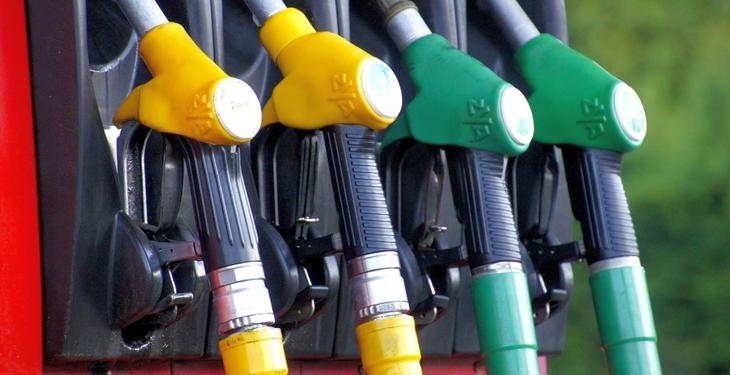The Ministry of Finance (MFP) has made a change that has been deemed as controversial by some specialists. Immediately after the enactment of the law that eliminates the fuel extra-excise duty, the MFP increased the level of the classical excise duties by about 9%, motivating the increase by indexing it with the inflation.
“So that the world does not start the year with contradictory news. After the law eliminating the excise tax was promulgated, the MPF recalculated the excise level to take into account the law promulgated and articles 342 and 442 of the Fiscal Code. The two articles update the excise duty according to the index of increase of consumer prices published by the INS,” says the Minister of Finance, Florin Cîțu.
With the elimination of the extra-tax, the price of fuel at the pump should have decreased by about 0.45 lei per liter, but the transmission in the market, after the increase of the classic excise, took place at a level of 0.32 lei.
The increase of excise duty takes place in the context in which the minimum level admitted at European level would have been violated by Romania. Since mid-December, Parliament had adopted a new level of classical excise duties by 2020, but the MFP considered that the correct inflation index was not included.

